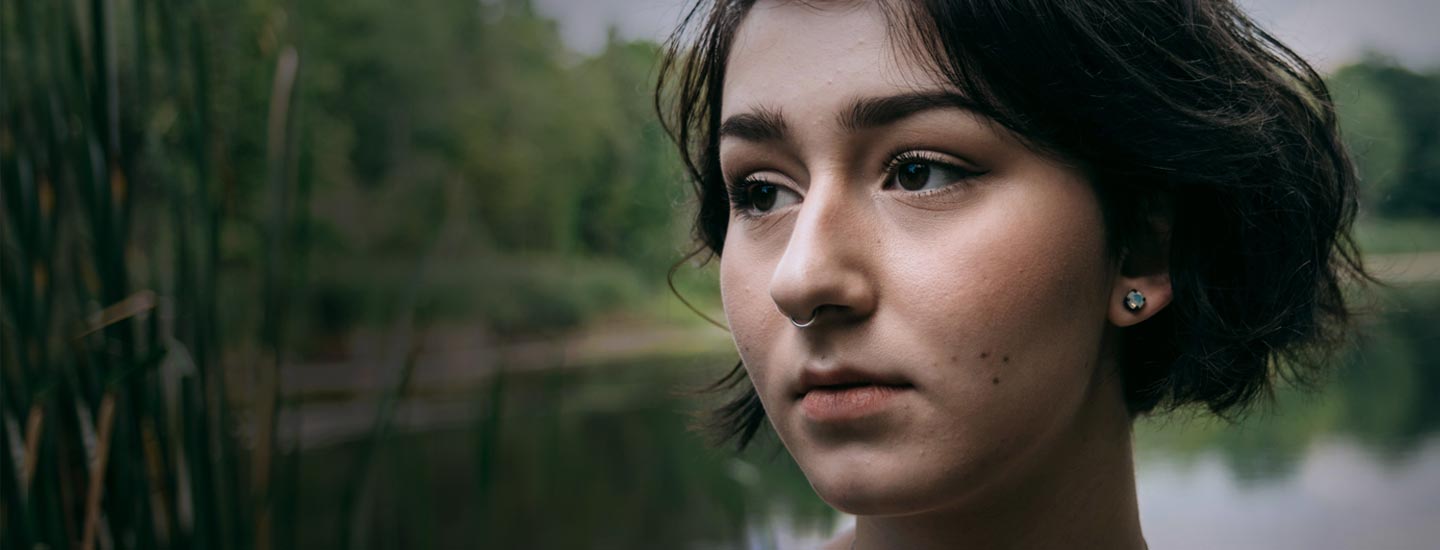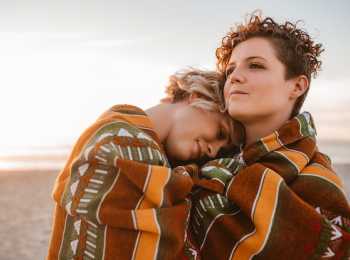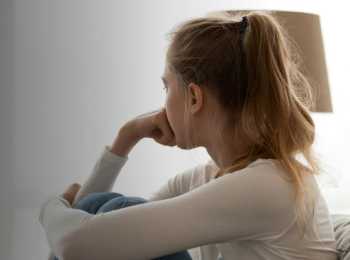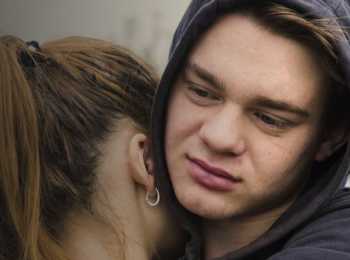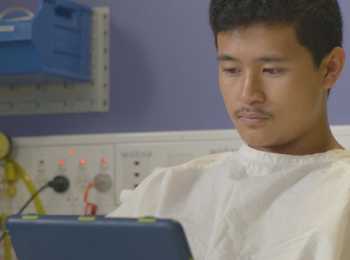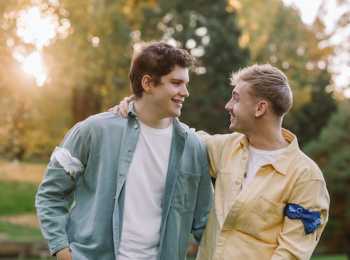Contents
Part 1
What is it like to have a mum, dad, brother or sister with cancer?
Being the friend of someone dealing with cancer isn't always easy - you may feel confused and helpless.
You’ve found out that someone in your friend’s family – their mum, dad, brother or sister – has a life-threatening illness. Talk about unexpected.
You might be wondering… now what? What should I do? What am I supposed to say? How can I help?
Being the friend of someone dealing with cancer is not always easy. You may feel confused and helpless and be thrown way out of your comfort zone.
But your friend might need people around them now more than ever.
Since cancer entered their life, your friend has probably experienced a truckload of change and faced a lot of big challenges. They might find all this stuff even harder to deal with if they think they have to go through it alone.
You’re not expected to be able to make everything better. It’s OK to be lost for words and to find the whole thing pretty weird.
But this article is here to help you understand that a friend dealing with cancer is still your friend… and that they will find it helpful just to have you there with them through the ups and downs.
So just by showing that you care, you’re already awesome!
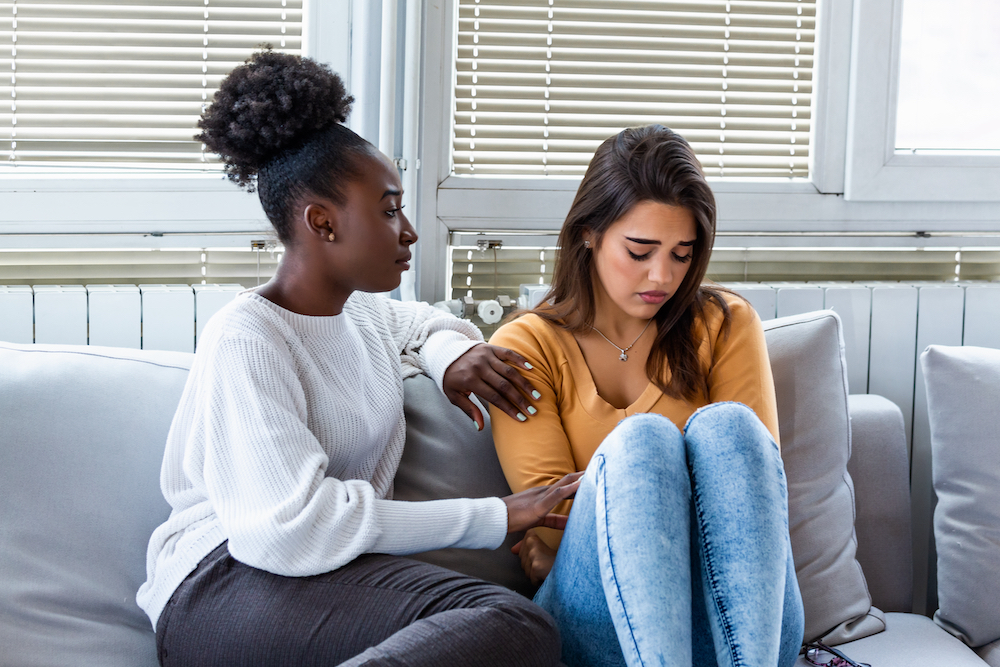
Your reaction
Whether you know the person who has been diagnosed with cancer really well or not at all, you might be surprised at the ways this situation can affect you too.
You might be shocked, puzzled, totally freaked out, or feel nothing at all.
Finding out that your friend’s mum, dad, brother or sister has or has had cancer can bring up some huge, scary questions about health, life and death that you might not have thought about much before. It may make you worry that someone in your family could get sick too.
You might find that there are also some changes in your own life that are a bit upsetting. It might seem like your friend has changed and you can’t talk to them anymore like you used to. People around you might be acting strange and you might really miss the way things were.
Go easy on yourself for how you handle this situation. You don’t have to pretend to understand what your friend is going through or feel bad for not being able to fix it for them. It’s great that you want to be there for your friend. But you are not the only person who can support them and you don’t have to be there 100% of the time.
Make sure you take some time out for yourself and get some support too if you need it.
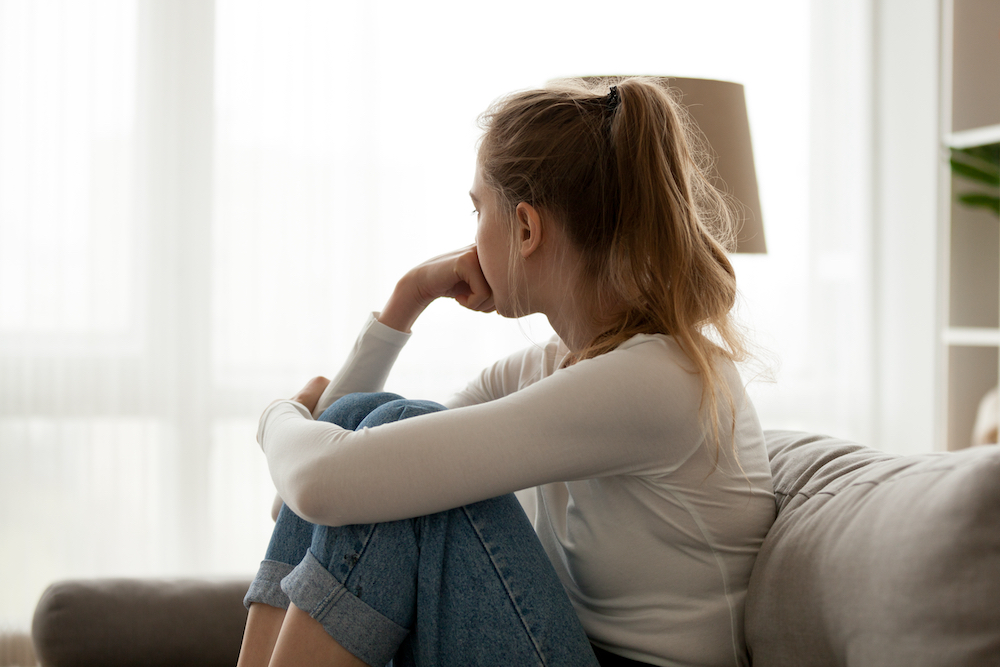
As a friend it's okay to...
- Feel however you feel, whether your reaction is intense, or you don’t feel much at all.
- Not compare yourself to others.
- Say ‘no’ and not do anything you feel uncomfortable with.
- Make mistakes.
- Change your mind.
- Not take responsibility for other people’s problems.
- Ignore people who say insensitive things.
- Get help for yourself if you are having trouble with your own feelings.
- Talk to someone and get support when things feel hard.
- Have your own life, to laugh and have fun.
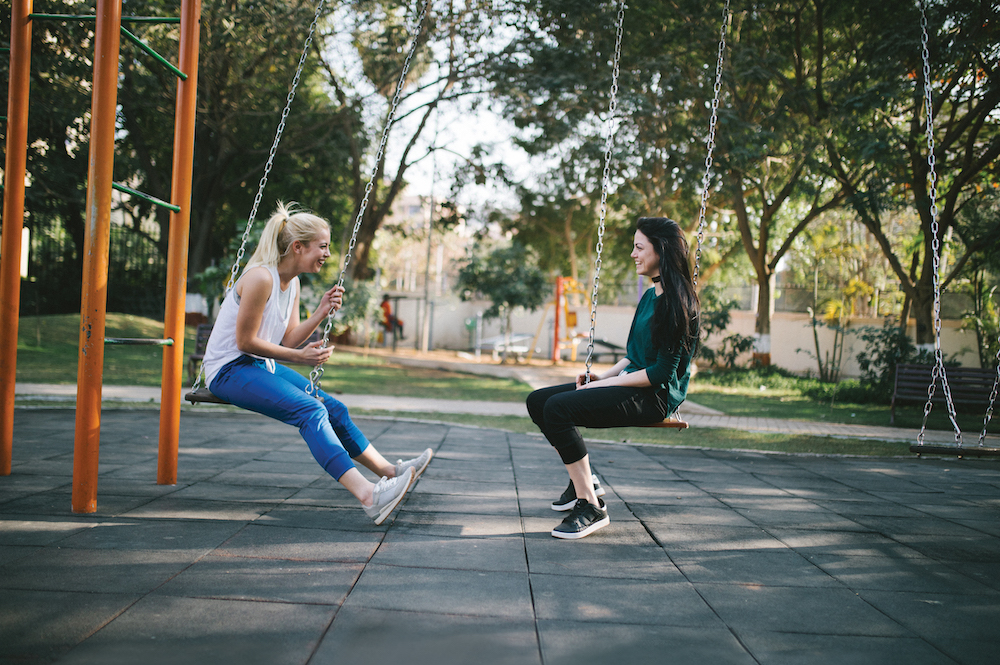
So, what is cancer anyway?
You’ve heard of cancer but haven’t really thought much about what it actually is, right? Don’t worry, most people haven’t. So, in case you were “away that day” in science class, here’s the short version:
- Everything in our bodies is made up of tiny cells. If our bodies were a house, the cells are the bricks.
- Cancer is a disease of cells.
- Sometimes cells randomly start to grow and multiply out of control and produce more and more abnormal cells that the body doesn’t need. A growing collection of these abnormal cells is called cancer.
- In some cases, abnormal cells clump together into a lump called a ‘tumour’. In other cases such as leukaemia or lymphoma, abnormal cells travel around the body.
- Tumours can be ‘benign’ (not cancer) or ‘malignant’ (cancer). Malignant tumours can invade other areas and stop normal cells from working properly. That’s why it’s important to treat cancer as soon as possible.
- There are more than 100 different types of cancer. They are named after the place in the body where they start.
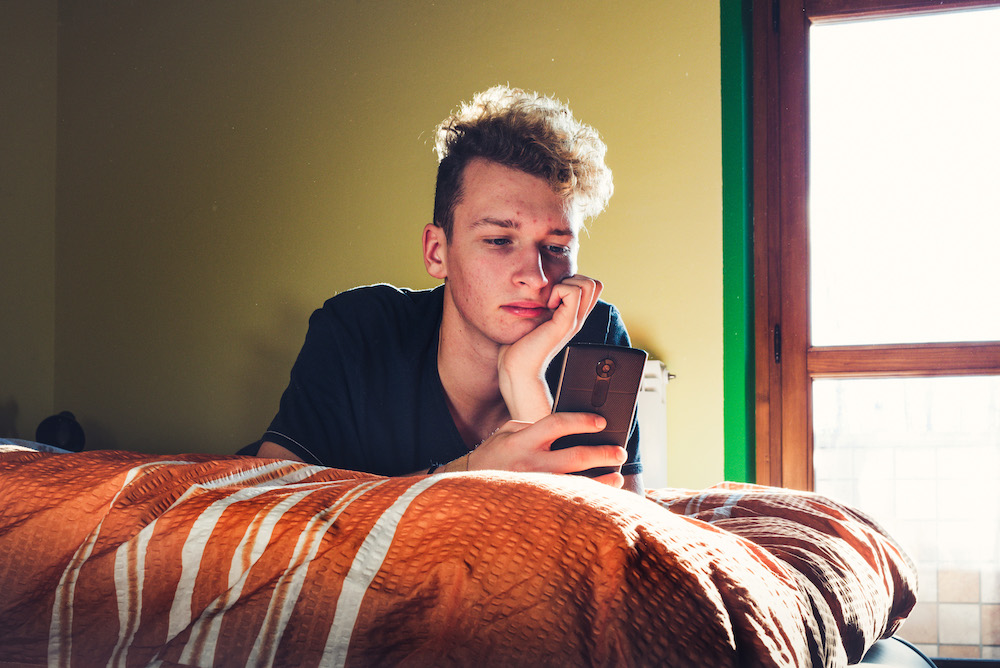
Cancer FAQs
What causes cancer?
For most cancers, the cause is unknown. We know that certain things can increase our chances of getting cancer - like smoking or spending a lot of time in the sun. And a very small number of cancers are thought to run in families. But a lot of the time, especially in young people, cancer just happens with no explanation.
Can you catch cancer from someone else?
Nope. Cancer is never contagious, so it’s fine to be near someone who has cancer.
How do you know if you have cancer?
Cancer is different for everyone. Depending on where the cancer is in the body, there could be signs like bruising, bleeding, lumps, painful bones or blurred vision. It’s important that a person goes to the doctor as soon as they notice something isn’t right to rule out the serious stuff or get treatment quickly if it is something serious. If a doctor suspects that a person may have cancer, they will send them to a specialist to do some tests to find out. The identification of an illness is called a ‘diagnosis’.
Can cancer be cured?
Most cancers can be treated and survival rates are increasing all the time. But the sad reality is that sometimes cancer can’t be cured and the person might die. There are many factors that affect the outcome of cancer. The outcome is different for every person.
Why do people with cancer lose their hair?
Cancer cells reproduce really quickly, so some treatments like chemotherapy* and radiotherapy target cells that reproduce quickly in order to kill the cancer. Hair cells also reproduce quickly, so they can take a hit too but hair will usually grow back when treatment ends. Lots of people who have cancer say that losing their hair is one of the hardest things to deal with (so go easy on the bald jokes). Note: Some treatments for cancer do not cause hair loss. If someone does not lose their hair, it doesn’t mean their treatment isn’t working. *All these fancy medical terms are explained in the Glossary at the end of part 3 of this article.
Is cancer painful?
People with cancer are not necessarily in pain. A tumour might hurt if it pushes on other parts of the body. And some of the tests and treatments for cancer can be pretty unpleasant. But it is often the body’s reaction to treatments (called “side effects”) that makes someone with cancer unwell, rather than the cancer itself.
How long does cancer last?
Cancer is completely different every time. Some cancers might be treated in a few months, but others might take years.
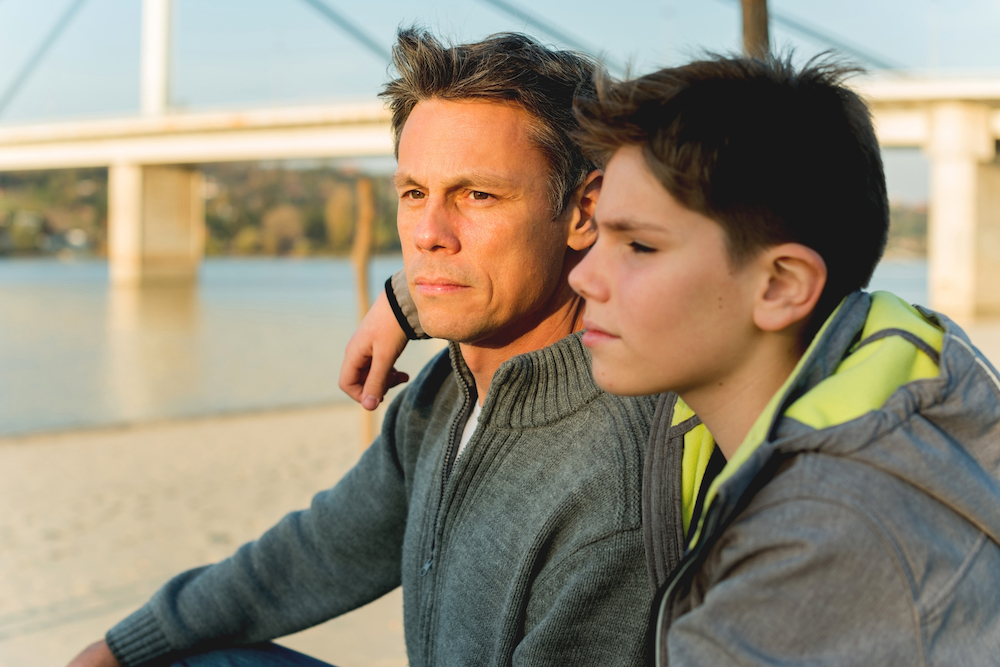
What is it like to have a mum, dad, brother or sister with cancer?
Some people say that finding out that your parent or sibling has cancer feels like having the rug pulled out from under your feet. All of a sudden, normal life can become rocky and uncertain, people act weird and it can be hard to find the time for everyday things.
No one expects someone they love to get cancer. It always comes as a shock. Your friend might be confused and frightened and pondering some big questions that don’t have answers, like: “What is going to happen?”, “What will the future look like now?” and “Why me?”
Your friend might not even know for sure what is going on in their family. With so much of everyone’s attention and time focused on the person who is sick, your friend might feel a bit lost in the whole picture.
Cancer can affect a family’s life in almost every way. Some of the changes will be huge, some of them not that noticeable and not all of them necessarily bad.
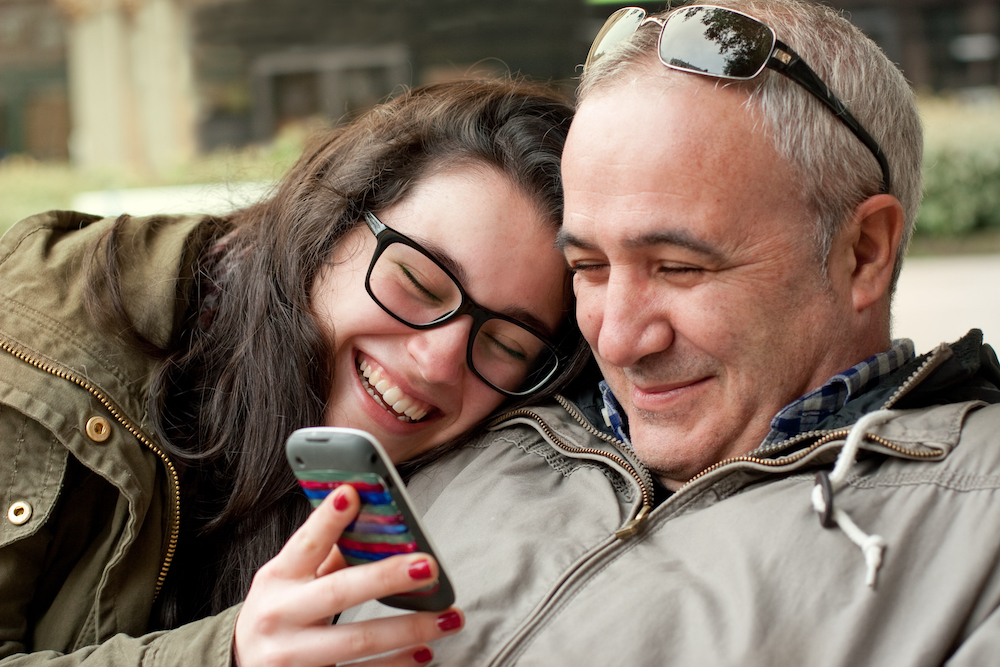
Here are some things that might be going on in your friend’s life:
Disruption to the routine.
With trips back and forth to the hospital, medications to take, visitors stopping by and parents working odd hours, life at home might feel a bit messy and unpredictable now. Most of us like a bit of routine to feel safe and calm and it can feel stressful when lots of unexpected things happen.
Extra responsibilities.
When someone in the family has cancer, the old “who does what” can change. Your friend might have to take on more around the house - like cooking, cleaning, washing, babysitting or helping to look after the person who is sick. Sometimes they might really miss their freedom and feel a bit jealous of friends who don’t have to do the same sorts of things.
Home alone more.
Sounds like fun, right? But it might actually feel a bit lonely after a while.
Missing out on doing normal things.
Parties, birthdays, sport practice, hanging out with friends, learning to drive, getting a part-time job… your friend may be feeling a bit left behind if they have to keep missing out on what everyone else is doing.
School.
For some young people with cancer in their life, school is a welcome escape from the stresses of home. But for others, venturing too far away from their unwell parent or sibling can be a major cause of stress. Your friend might find it hard to keep up at school when their mind is elsewhere or if they don’t have time to study. They might even feel that schoolwork is just not as important right now. If teachers know what’s happening, they can usually help take some of the pressure off.
No one’s talking about it.
People often describe a big obvious issue that no one is talking about as an “elephant in the room” that people are pretending they don’t see. Cancer can be a bit like that. Families often try to protect each other by not talking about upsetting topics or letting on how freaked or scared they are. The downside is that everyone in the family might feel like they are facing it on their own.
Out of the loop.
“The kids” or “the siblings” often miss out on updates about what’s going on by adults who don’t want them to worry. But people can actually feel more afraid when they don’t know the full truth, because their mind will try to fill in the gaps and the things it comes up with can often be worse than the reality.
Everyone is dealing with things differently.
Every person in a family reacts to stress and fear in their own way. Some people cry, some crack jokes, some don’t show much emotion at all. Families might fight and argue more when they are under pressure and are not all handling it the same way. Your friend might feel like they have to hide or hold back their feelings so they don’t make other people upset. And they might feel frustrated or sad that no one else truly gets how they feel.
Relationship with parents.
We sometimes forget that parents get just as worried and scared as everyone else. A parent who has a child or partner with cancer might be so focused on the person who is sick that others around them can feel forgotten about. Your friend might be feeling angry or hurt that their parents are not there to support them at the moment in the way they might need. And they might be feeling guilty about feeling angry.
Relationship with siblings.
Best friends? Sworn enemies? Bit of both? Sibling relationships can be a bit love/ hate - and that won’t automatically change because someone has cancer. Even if it is your friend’s sibling who is sick, they will still argue sometimes if they did before (and possibly even if they didn’t!). This is common and OK, but your friend might be feeling bad about some of the things they have said or done since their sibling got cancer. It might be really hard for your friend if their sibling has cancer and they are feeling forgotten or left out of the family.
If your friend is experiencing loss in the family, read our guide to supporting your friend when someone in their family has died.




